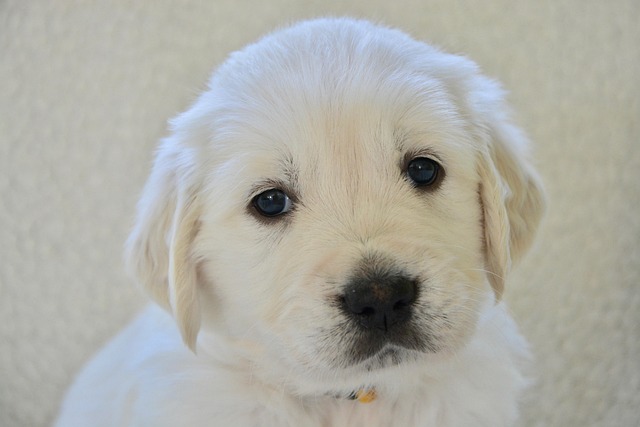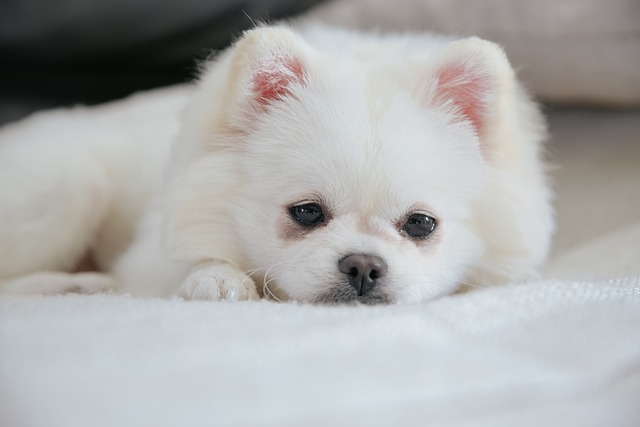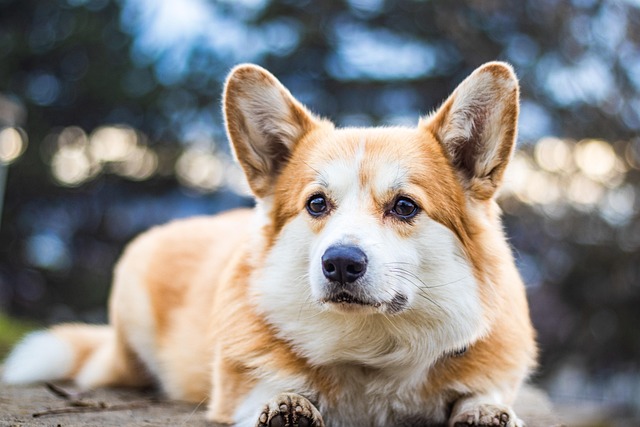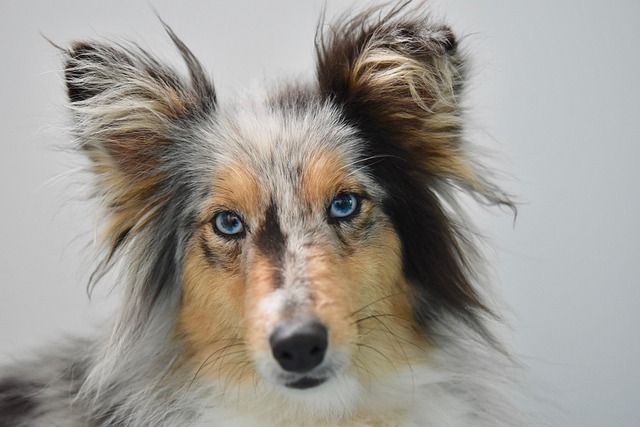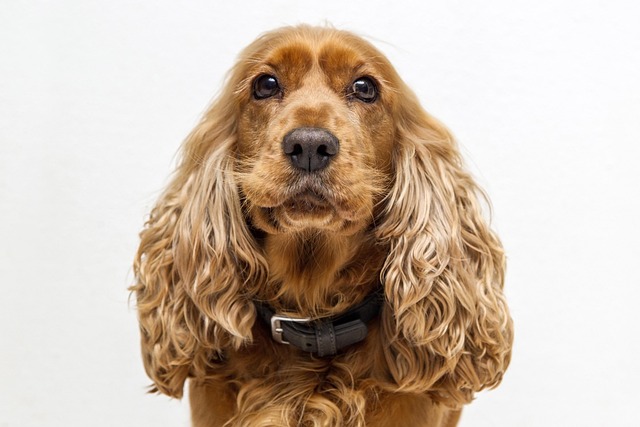When Sarah adopted her eight-week-old Yorkie named Bella, she expected the toilet training process to follow a neat timeline she'd read about online. Three months later, while her neighbor's Yorkie had mastered house training in just six weeks, Bella was still having occasional accidents. This scenario plays out in countless American households, highlighting a crucial truth: Yorkie toilet training duration isn't determined by breed characteristics alone, but by a complex interplay of individual factors that make each dog's journey unique.
The reality is that most Yorkies require anywhere from three to six months to become reliably house-trained, though some may take up to a year. This wide variation stems from their individual personalities, learning styles, and environmental factors rather than any inherent breed limitations. Understanding this variability helps set realistic expectations and prevents the frustration that often derails training efforts.
Several key factors significantly influence how long to potty train a Yorkie, with individual temperament playing the most crucial role. Some Yorkies are naturally more eager to please and pick up routines quickly, while others may be more independent or easily distracted. The dog's previous experiences also matter enormously – puppies from reputable breeders who emphasized cleanliness from birth often progress faster than those from less structured environments.
Your living situation creates another major variable in the Yorkie toilet training timeline factors. Apartment dwellers face unique challenges, as many buildings require dogs to use elevators and navigate long hallways before reaching outdoor relief areas. This extended journey can be overwhelming for a small puppy with a tiny bladder, potentially leading to accidents that reinforce indoor elimination habits. In contrast, Yorkies with immediate yard access often develop outdoor preferences more quickly.
Owner consistency proves absolutely critical in determining training success speed. Yorkies thrive on routine and clear expectations, so families where everyone follows the same schedule and uses identical commands typically see faster results. However, busy households with varying schedules may inadvertently confuse their puppy, extending the training period. Remember that in most states, including California and New York, apartment complexes cannot legally prohibit pets but may have specific waste disposal requirements, making consistent outdoor training even more important for compliance.
The training methods you choose dramatically impact your timeline. Positive reinforcement techniques, which align with modern animal welfare standards and are increasingly mandated by professional training organizations, typically produce more reliable results than punishment-based approaches. Yorkies respond exceptionally well to food rewards, verbal praise, and play, but harsh corrections can create anxiety that actually slows the learning process.
Setting realistic expectations requires understanding that effective Yorkie potty training tips must account for their physical limitations. A three-month-old Yorkie can typically hold their bladder for about four hours maximum, while adults can manage six to eight hours. This means frequent potty breaks are non-negotiable, regardless of your schedule preferences. Many successful Yorkie owners find that taking their puppy out every two hours during the day, plus immediately after meals, naps, and play sessions, creates the foundation for success.
Weather conditions also significantly affect progress, particularly in regions with harsh winters. Yorkies are sensitive to cold temperatures, and a puppy who associates outdoor elimination with discomfort may resist the process. Investing in appropriate weather protection and creating positive outdoor experiences becomes essential for year-round success. Some owners successfully use covered outdoor areas or even enclosed balconies as transitional spaces during extreme weather.
Effective toilet training strategies tailored to your Yorkie should begin with establishing a consistent routine that works within your local regulations and lifestyle. Start by designating specific elimination areas and always accompany your puppy to these spots, using a consistent command phrase like "go potty." The moment they eliminate in the correct location, provide immediate praise and a small treat. This positive association builds motivation and speeds learning.
Crate training serves as an invaluable tool in the process, as Yorkies naturally avoid soiling their sleeping areas. However, the crate must be appropriately sized – large enough for standing and turning around, but not so spacious that they can eliminate in one corner and sleep in another. Many owners find that adjustable crates work well as their puppy grows.
Supervision and management prevent the formation of bad habits that extend training time. When you cannot actively watch your Yorkie, confine them to a puppy-proofed area with easy-to-clean flooring. Never leave them unsupervised in carpeted areas during the training phase, as accidents on soft surfaces can create lasting preferences for indoor elimination.
Understanding Yorkie temperament and toilet training connections helps customize your approach. Some Yorkies are naturally more anxious and require extra patience and encouragement, while others may be stubborn and need more structured motivation. Pay attention to your dog's individual signals and timing patterns, as these provide valuable insights for adjusting your strategy.
Document your puppy's progress by keeping a simple log of successful outdoor eliminations, accidents, and timing patterns. This information helps identify trends and adjust your schedule accordingly. Many owners discover that their Yorkie has specific times when accidents are most likely, allowing them to provide extra supervision during these periods.
Remember that setbacks are completely normal and don't indicate failure. Stress, illness, changes in routine, or even excitement can temporarily disrupt house training progress. During these times, simply return to more frequent potty breaks and increased supervision without punishment or frustration.
The key to successful Yorkie toilet training lies in embracing a personalized approach that honors your dog's individual needs while maintaining consistency and patience. Rather than focusing solely on timelines, concentrate on building positive associations with outdoor elimination and creating routines that work for your specific situation. Every Yorkie is unique, and their training journey should reflect that individuality. By remaining flexible, observant, and committed to positive methods, you'll develop a house training approach that not only succeeds but strengthens the bond between you and your beloved companion.
